Why You Need a Social Life
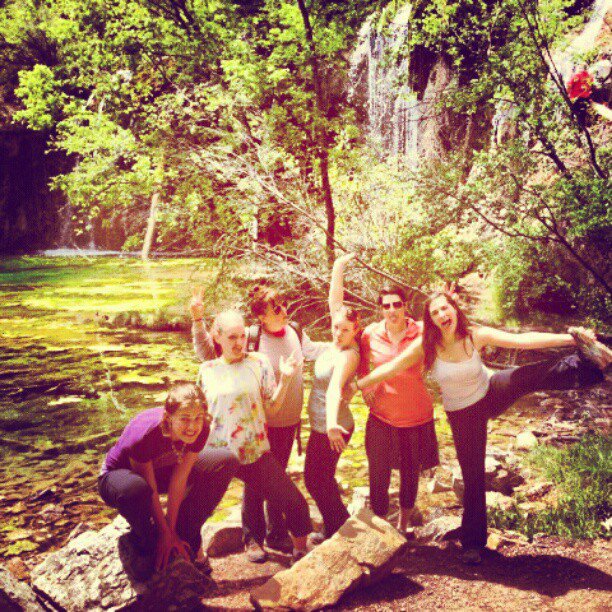
As an introvert, I have times when I wish I could just be alone all day. I enjoy solidarity. There is something so therapeutic about the quiet, unstructured time of being by myself that when I don't get it, it feels like a missing necessity.
I know for many, this may be considered a luxury. (Hi, mom friends).
I spent years living with multiple roommates and also with my then-boyfriend (now husband), working in highly social environments and never, ever having time to myself. The introvert in me exploded regularly.
As we as a society have shifted through the last couple of years, forced to stay home and away from our social lives, the energy of this experience has changed. In the beginning, I loved the extra solidarity. A part of me that had become so exhausted with “people-ing” that I reveled in the indefinite extended solitude. Another piece of me didn’t really want to go back to work when the world re-opened. (I’m glad I did, though).
But even introverts need social connections.
By nature, we are social creatures. We have packs, as do wolves and lions and other predatory mammals like us. On a quantum level, everything, and everyone, is connected.
All humans across the planet are connected through the sound and light frequencies that, at a subatomic level, make up absolutely everything, defying the constraints of space and time.
Not too long ago, we (humans) lived in tribes. The world outside of the tribe could be a scary place. We lived really intertwined with nature, but for better or worse, that meant we also faced the many unknowns of the great outdoors. From the predators to the unpredictable weather, we also had to hunt, gather, and farm together, then survive the brutality of winters together. If we didn’t have this cohesion amongst ourselves, it was sure death.
Back in those days, one could not just pull up their bootstraps and buck it up solo. We needed each other for survival.
Today, there is a semblance that we must somehow make it on our own. We have to “take care of ourselves.” The idea that we’re actually that independent is a disillusion...
We may live independently and even be self-employed, but we still go to the grocery store and buy food that somebody else grew, harvested, and shipped; we get supplies that we didn’t create with our own two hands; we likely live in a house that somebody else built. There are people in the world who do many of these things on their own, but even farming takes a crew, as does building and creating. Independence, in this sense, is leaning on others from a distance.
We need each other.
While the word ‘socializing’ may trigger ideas of going out with groups of friends, laughing over happy hours, or being in big crowds at events, the human connection we need doesn’t have to fit into that category.
Personally, I’m not into crowds unless my favorite band is playing nearby. Even so, I prefer it outdoors so I can look to the sky and remember how small we really are.
What we need is just genuine human connection.
Our bodies even agree.
Without positive, durable relationships, our bodies and minds can actually deteriorate.
Research has linked social isolation and loneliness to a myriad of physical health issues, including high blood pressure, heart disease, obesity, and a weakened immune system. It also comes with other mental health issues including anxiety, depression, cognitive decline, Alzheimer's disease, and even early death.
Dr. John Cacioppo (1951-2018) pioneered groundbreaking research into loneliness and isolation and their effects on our health and wellbeing, as well as co-founded the field of social neuroscience.
Dr. Cacioppo distinguished between loneliness and isolation. Isolation is being physically separated from other humans whereas loneliness is the subjective feeling of being alone. You can be lonely and surrounded by people, yet you can also be isolated and still feel a sense of connection.
When somebody feels lonely or separated from the world, it activates an actual biological defense mechanism. Chronically lonely individuals may feel distrustful and threatened by others. When we feel threatened, our body’s immune system kicks in, triggering inflammation.
Inflammation is great if you are healing from injury or fighting off a virus, however, when it lasts too long, it increases the risk of chronic illness and also weakens your immune system, making you more susceptible to getting sick.
Increased isolation and loneliness also increase stress levels, which have their own detrimental effects on the body.
On the positive side, there are dozens of studies that have shown that people who have healthy, satisfying relationships in life tend to live longer, happier lives with fewer health issues.
One of the earliest studies on social ties that began in 1965 studied over 7,000 men and women over the course of nine years. The study looked at social ties as well as other health habits and lifestyle choices that affect one’s wellbeing.
Those that felt disconnected from others were roughly three times more likely to die during the nine-year study than their more socially connected counterparts.
Interestingly enough, people who had poor health habits like smoking, obesity, and lack of exercise but had close social ties actually outlived people who had more healthy lifestyle habits but lacked those close social ties. But of course, the participants of the study that practiced healthful habits and had healthy social relationships outlived both of the other groups.
How do you initiate socializing again?
You don’t need to frequent happy hour to have a good social life, although if that’s your jam, happy hour away.
If you’re a fellow sober introvert like me, learning to forge a social life can feel tricky. Particularly in this post(ish)-pandemic world, the landscape of socializing has changed. I also gave up drinking mid-COVID so coming back to the real world and having to find new ways to spend time with others has presented new challenges but also new opportunites.
Personally, I connect better with people in small groups. I love one-on-one walks with friends (and our doggos, of course) or just chilling at a park with a couple of other like-minded individuals.
Here are a few ways I’ve been able to improve my social life (if you find yourself feeling better being cautious, much of these can be pandemic-friendly and I was actually able to do some of this during the pandemic[depending upon when you are actually reading this]).
Join a Meetup.
Meetup is stocked full of various local groups with common interests. There is everything from meditation groups to hiking groups, recreational sports pickup games to your activism groups like NORML (or whatever your cause maybe). There are networking groups if business is your thing and just hangout groups for moms or non-moms or people who are new in town or whatever.
For so long, I thought it was a bit cheesy. But when I was 27, I moved back to my home state of Minnesota after living away for 8.5 years. I learned that as an adult, it was much harder to meet people than it was in college where everybody was new and therefore anybody could be your new bestie.
I started attending Meetup groups and found so many local people around my age with similar interests. It was an easy way to integrate back into a new/old state where I’d lost touch with many of my old friends.
Start a book club or coffee club or a walk-around-the-lake-on-a-Tuesday-morning club.
You can even start your own Meetup, but you don’t really need Meetup to do it. Connect through social media with people local to you (there are many Facebook groups that are specific to regions and neighborhoods) and start a book club, a coffee connect, a hiking club, whatever-club, transplants-to-the-area club, video game fan club, or whatever floats your boat. Just post about it, you never know who may respond.
Reconnect with friends just to go on a walk.
LIterally, my favorite way to socialize with friends is just going on walks or hikes. Sometimes we walk locally. Other times we drive out of the city a bit and find new state parks to meander.
Most of the time, we bring our doggos.
We often get into existential conversations and intellectual banter on the ways of the world. That’s just us, though. The walking is a nice exercise, it gets us into nature, and we are able to connect.
I always bring coffee.
Host a dinner party, but you can order Doordash if you want.
Sometimes, I like just texting a few random friends that may or may not know each other and having them over for dinner.
I love cooking, but sometimes we just order out. We hang out, maybe play a round or six of Cribbage, cheers some Komboucha, and, depending on the weather, maybe go for a post-dinner walk to digest. It’s small and chill but brings people together for that much-needed medicinal socializing.
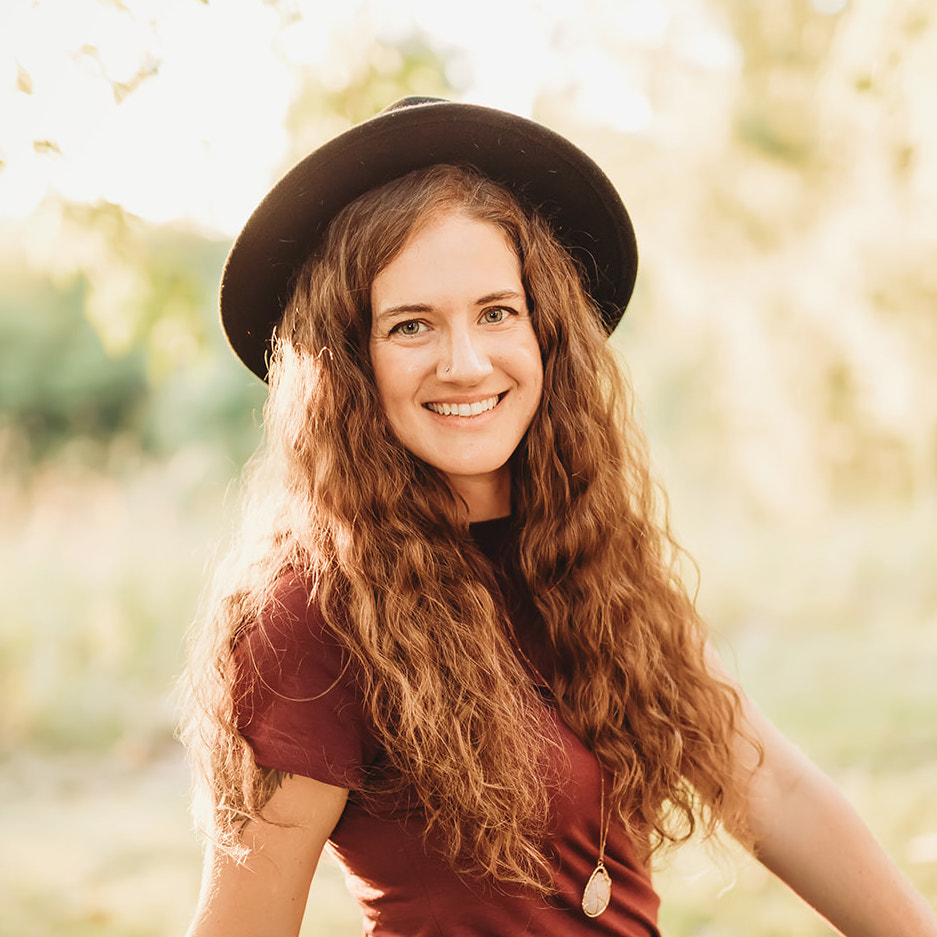

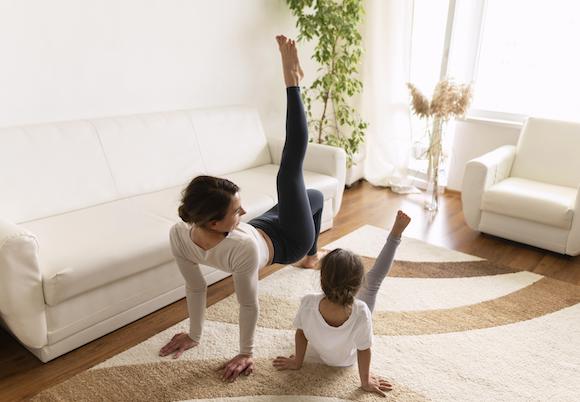

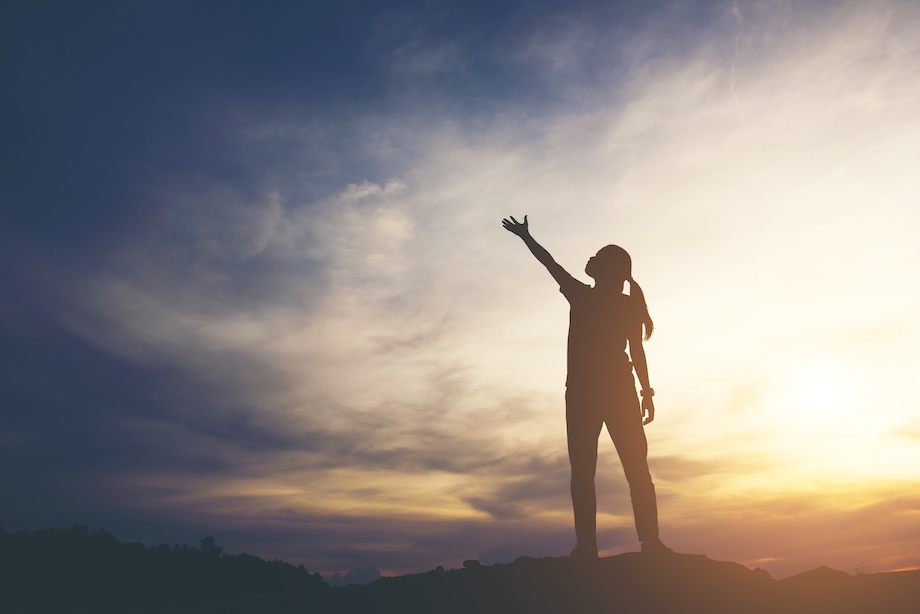
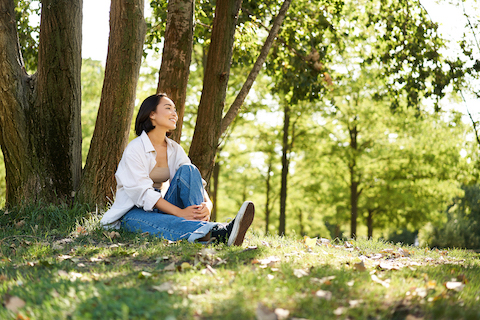
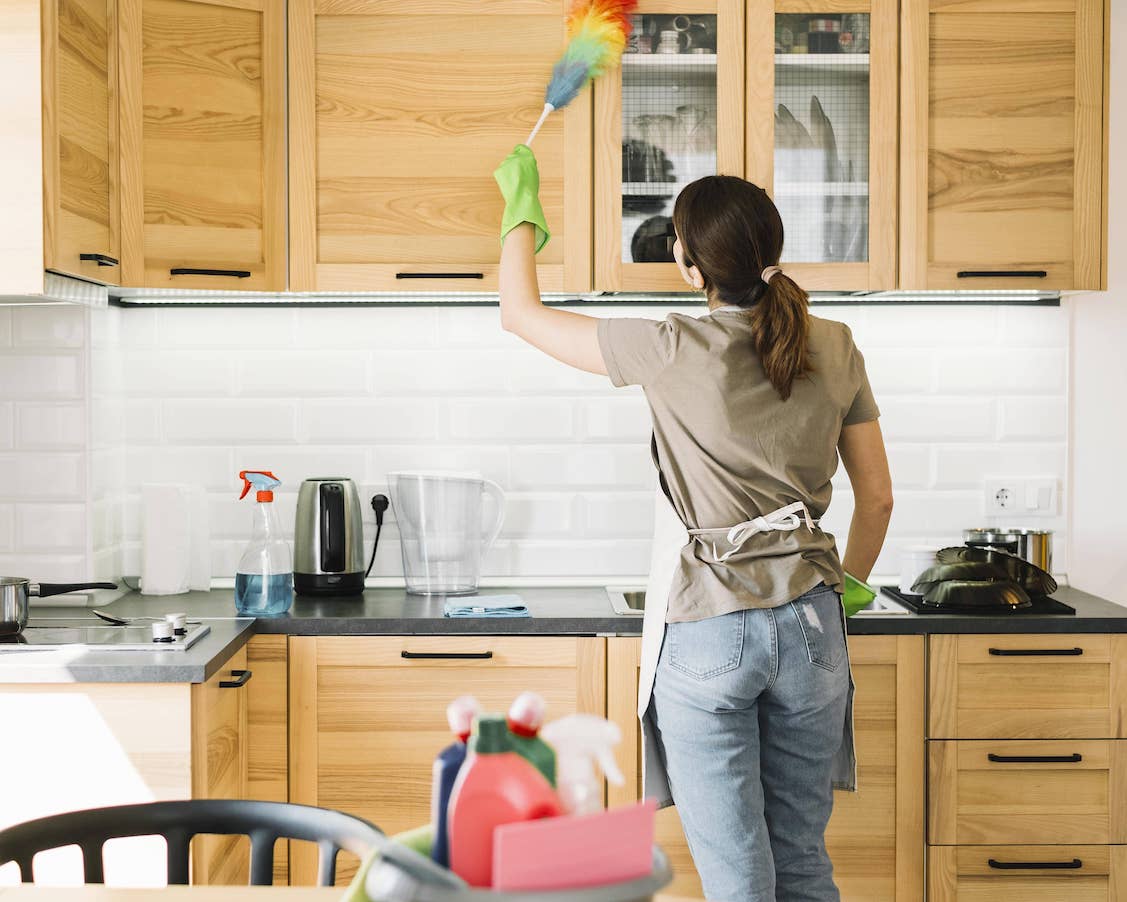

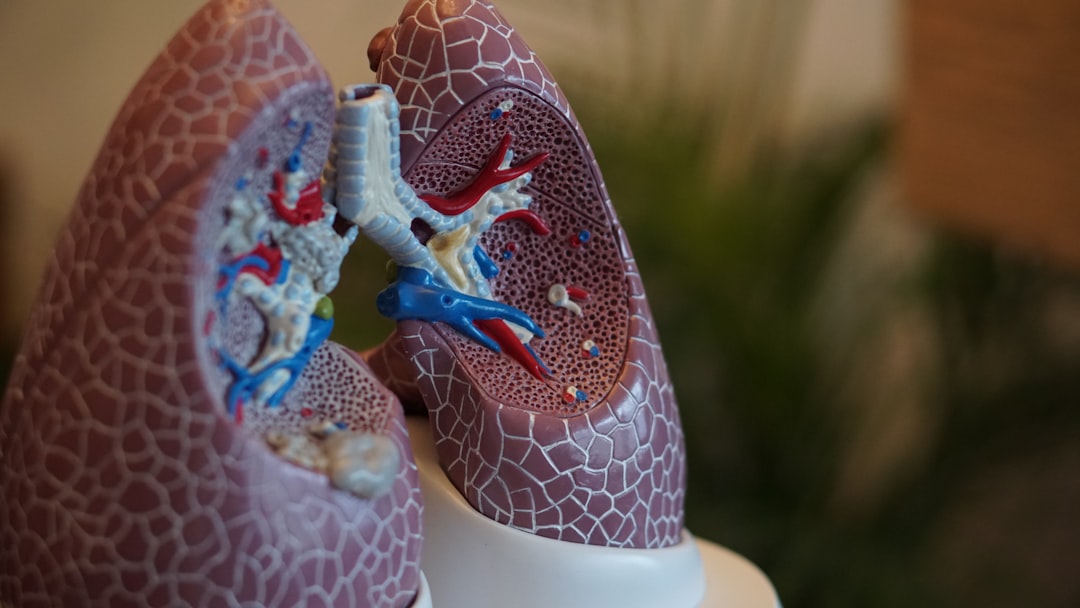
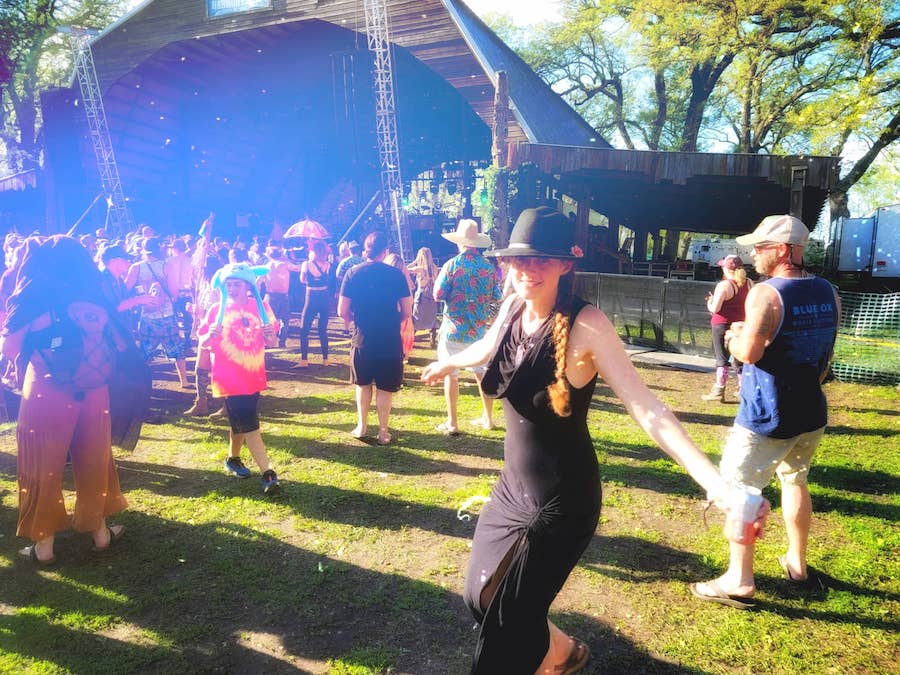


If you enjoyed this article or recipe, please consider giving it a comment! It helps others discover my blog and recipes, and your comments always make my day :) Thank you for your support!
Your email address will not be published. Required fields are marked *
2 comments on Why You Need a Social Life
Hello, I hope this message finds you well I’m reaching out to share some exciting opportunities to strengthen your SEO performance and online visibility. We’ve recently added a range of high-traffic, premium websites that offer instant publishing and strong dofollow backlinks. Here are a few of our top-performing sites: https://northpennnow.com – Traffic: 106K. https://techbullion.com – Traffic: 434K https://breakingac.com – Traffic: 84.4K https://managementworksmedia.com – Traffic: 81.2K https://reelsmedia.co.uk – Traffic: 62.3K https://londondaily.news – Traffic: 200K https://businessoutstanders.com – Traffic: 43.5K https://ocnjdaily.com – Traffic: 54.2K https://thetechnotricks.net – Traffic: 37.7K https://easybib.co.uk – Traffic: 47.1K https://newsdipper.co.uk – Traffic: 73.6K Key Benefits:aa ✅ Instant publishing ✅ Permanent dofollow backlinks ✅ Boosts SEO visibility and organic traffic You’re welcome to review these sites and let me know which ones align best with your niche or marketing goals. We also have access to 10,000+ high-quality websites across various industries, ensuring you get the best placement options. I’d be happy to assist with selections or provide more details as needed. Looking forward to your response. Best regards,
Hello, I hope this message finds you well I’m reaching out to share some exciting opportunities to strengthen your SEO performance and online visibility. We’ve recently added a range of high-traffic, premium websites that offer instant publishing and strong dofollow backlinks. Here are a few of our top-performing sites: https://northpennnow.com – Traffic: 106K. https://techbullion.com – Traffic: 434K https://breakingac.com – Traffic: 84.4K https://managementworksmedia.com – Traffic: 81.2K https://reelsmedia.co.uk – Traffic: 62.3K https://londondaily.news – Traffic: 200K https://businessoutstanders.com – Traffic: 43.5K https://ocnjdaily.com – Traffic: 54.2K https://thetechnotricks.net – Traffic: 37.7K https://easybib.co.uk – Traffic: 47.1K https://newsdipper.co.uk – Traffic: 73.6K Key Benefits:aa ✅ Instant publishing ✅ Permanent dofollow backlinks ✅ Boosts SEO visibility and organic traffic You’re welcome to review these sites and let me know which ones align best with your niche or marketing goals. We also have access to 10,000+ high-quality websites across various industries, ensuring you get the best placement options. I’d be happy to assist with selections or provide more details as needed. Looking forward to your response. Best regards,